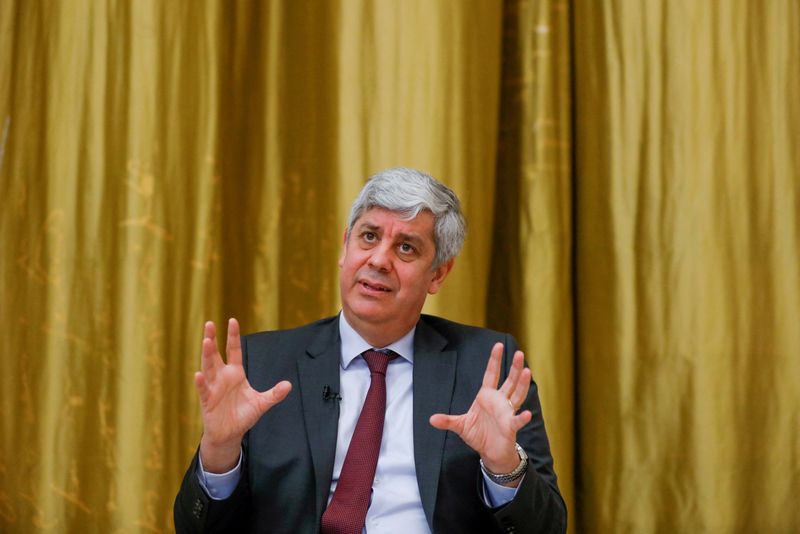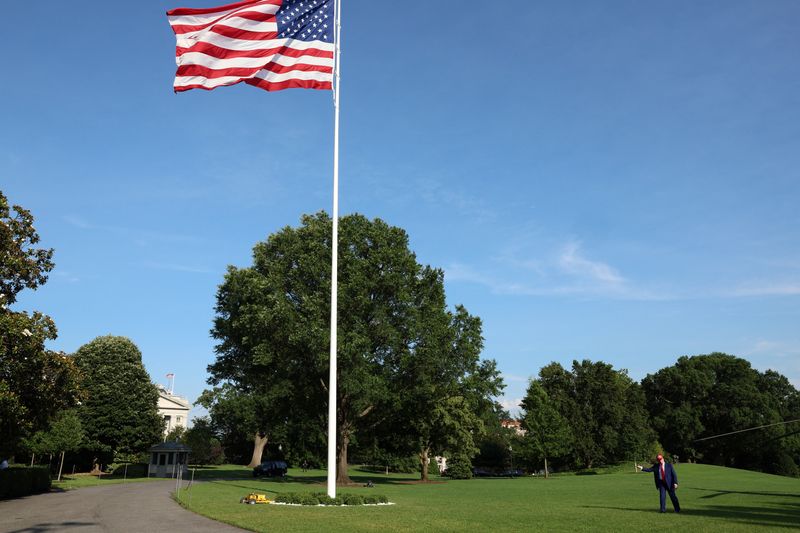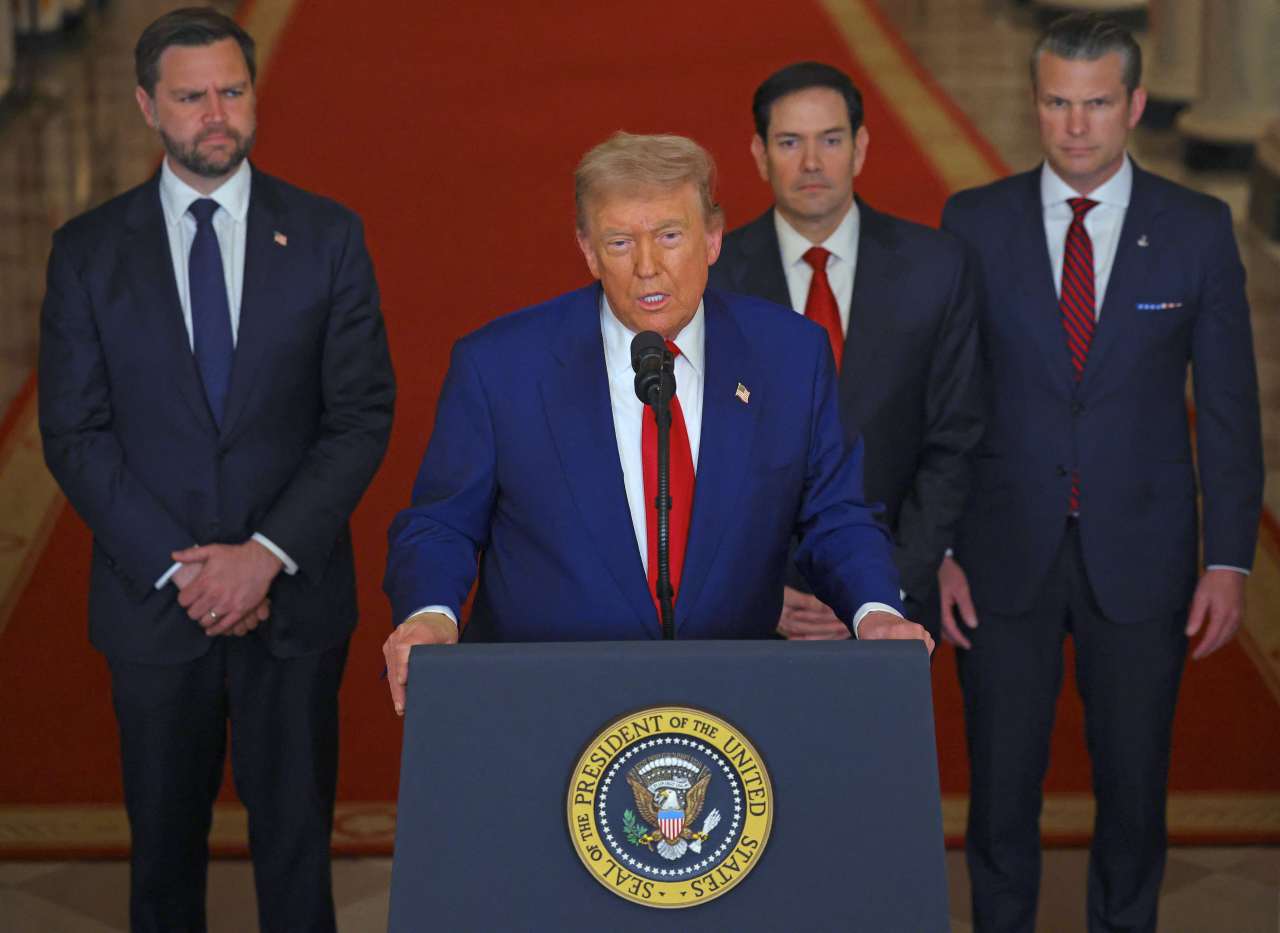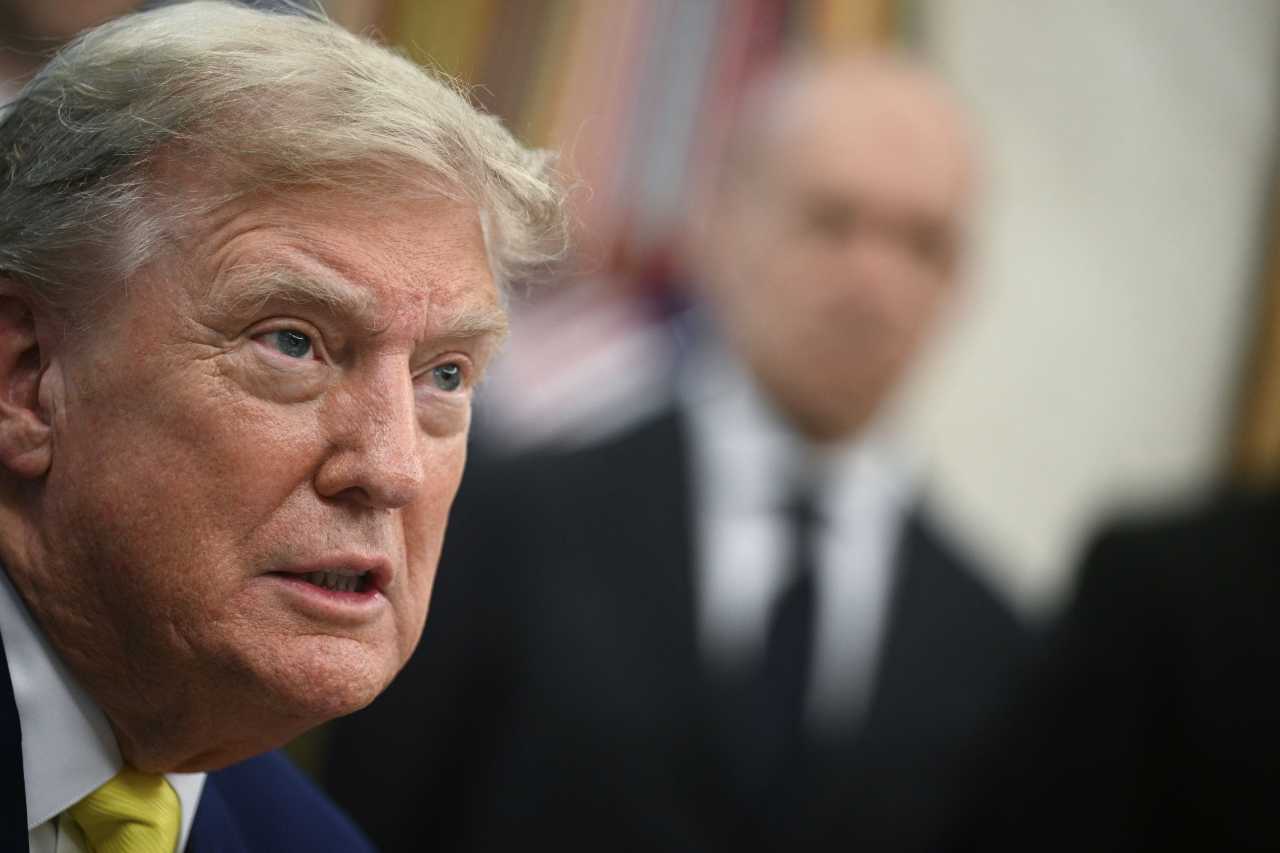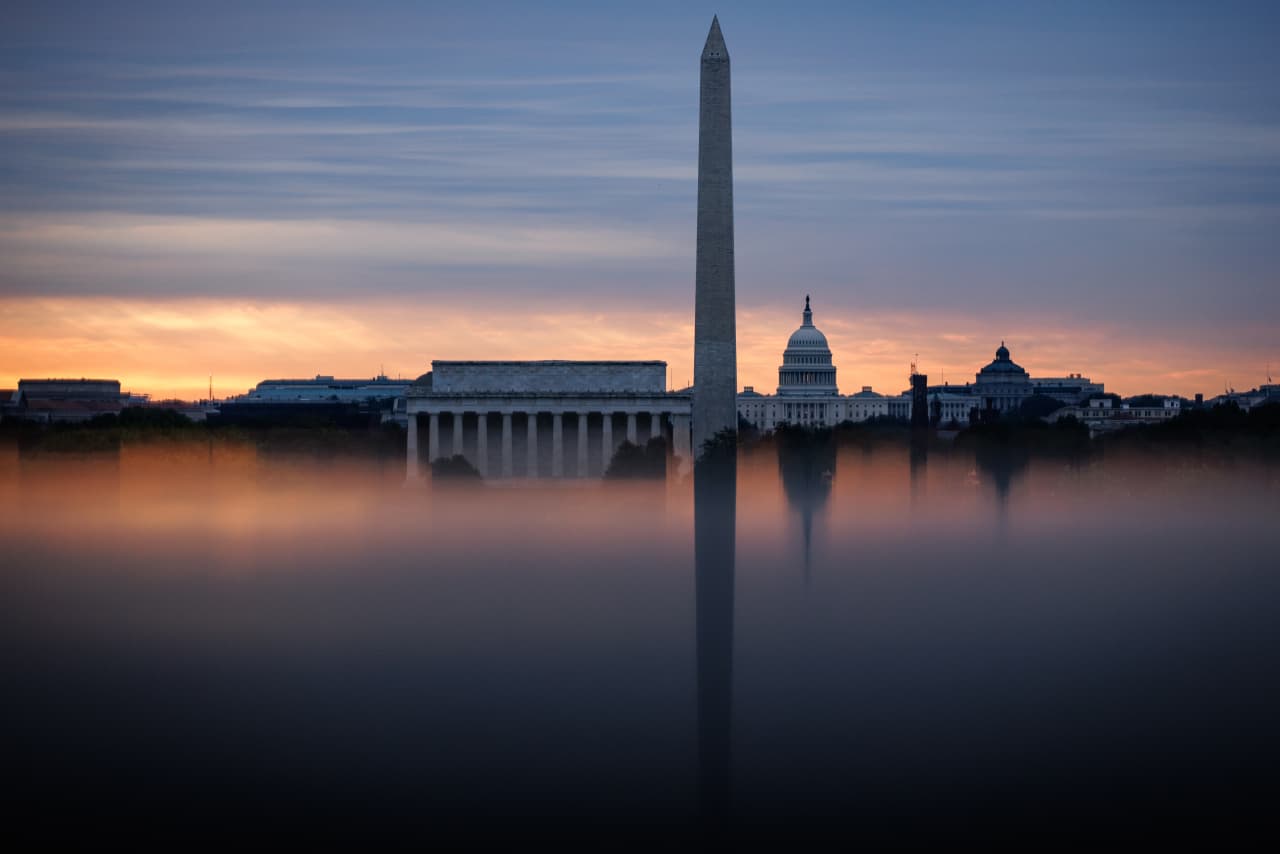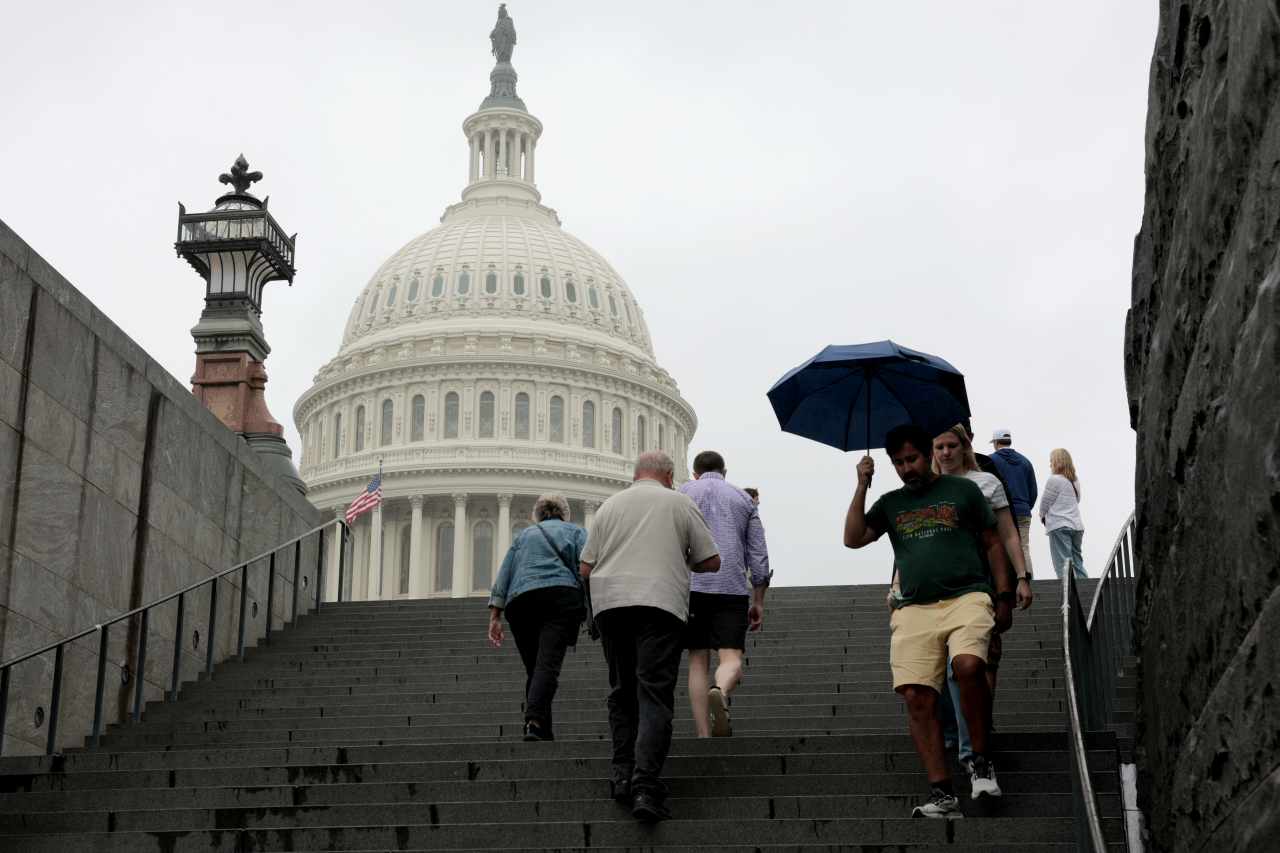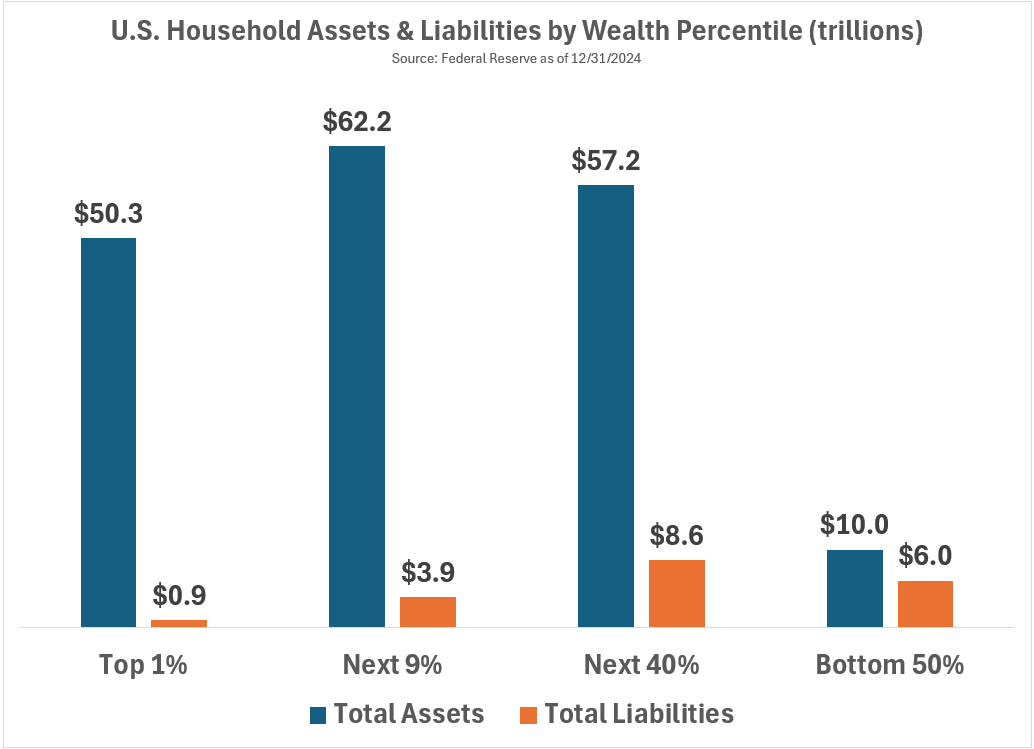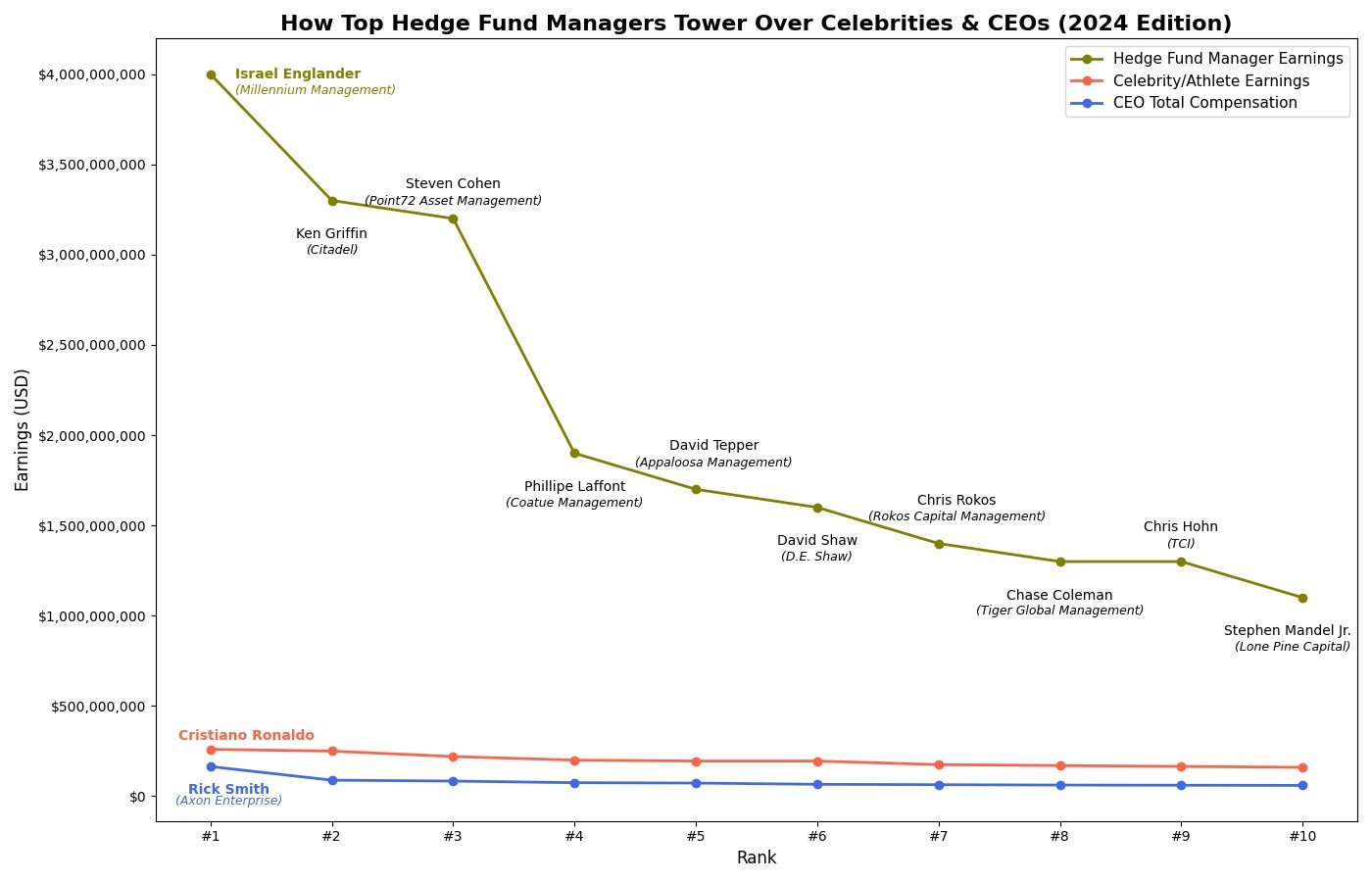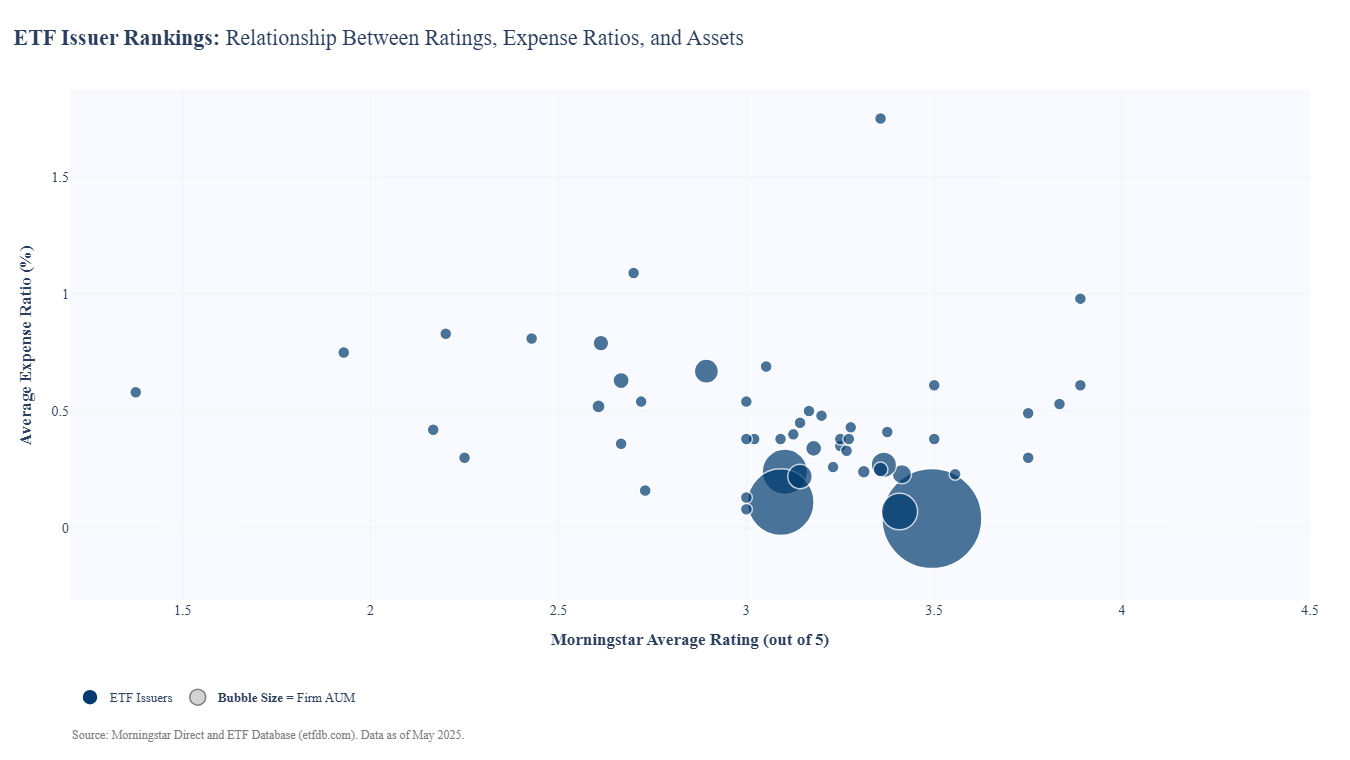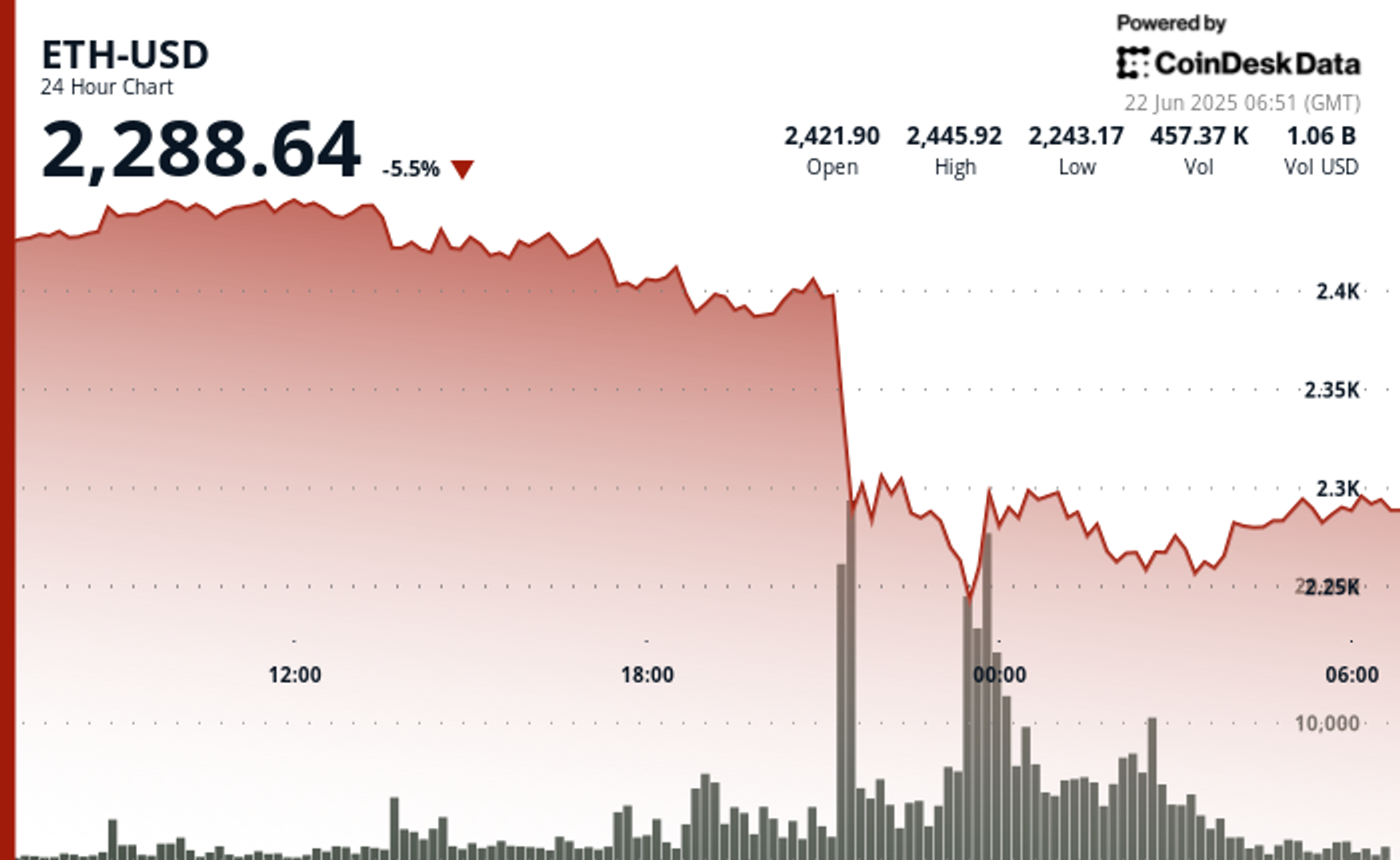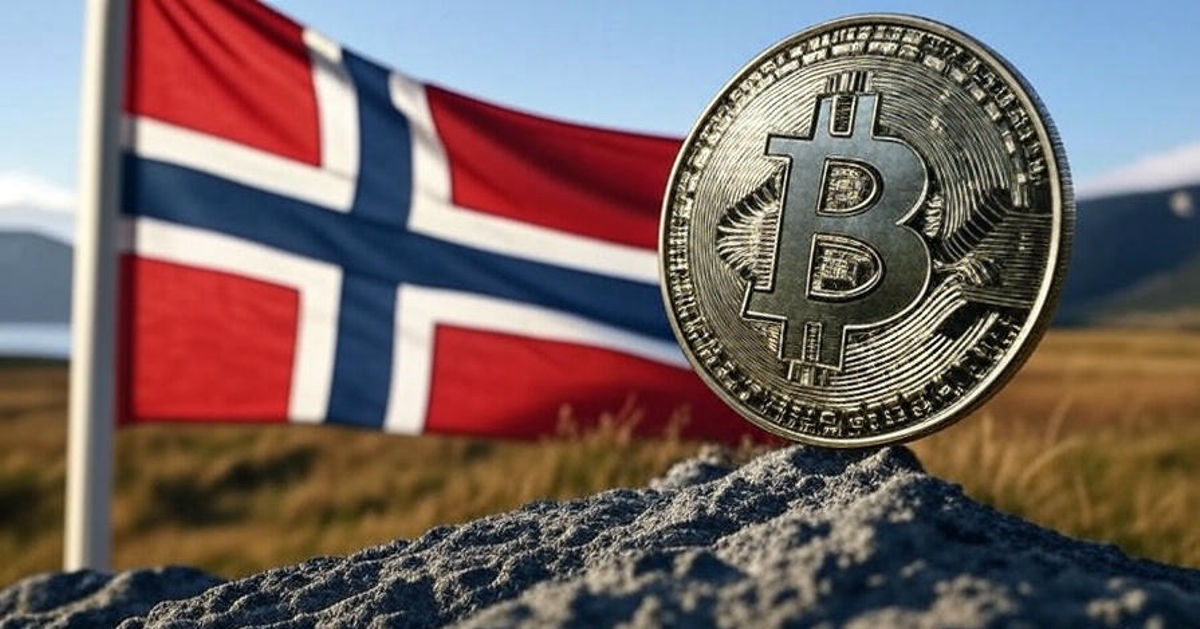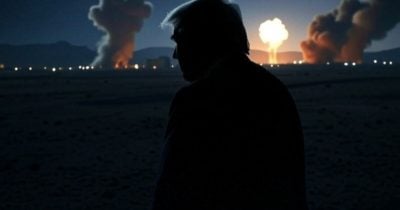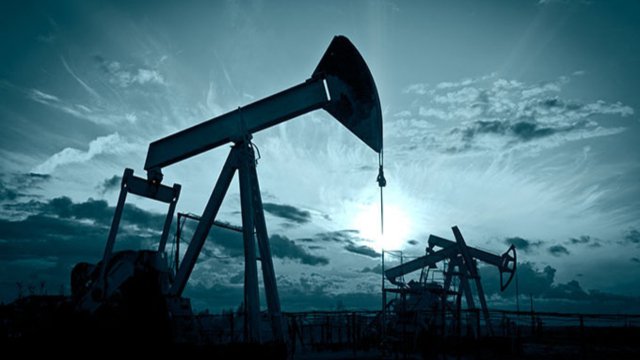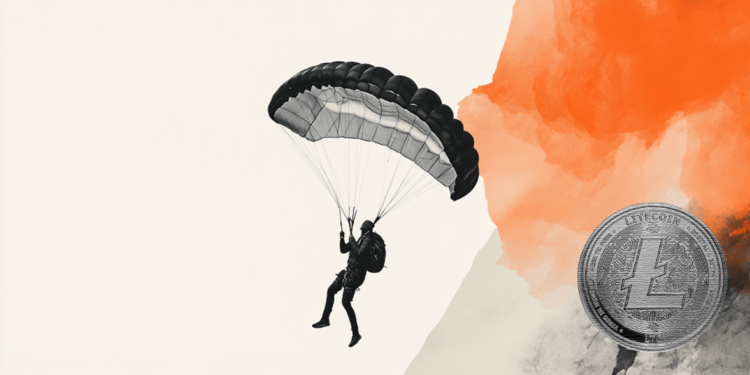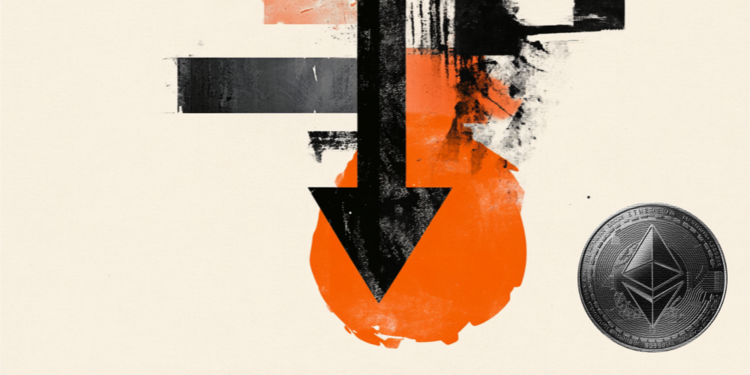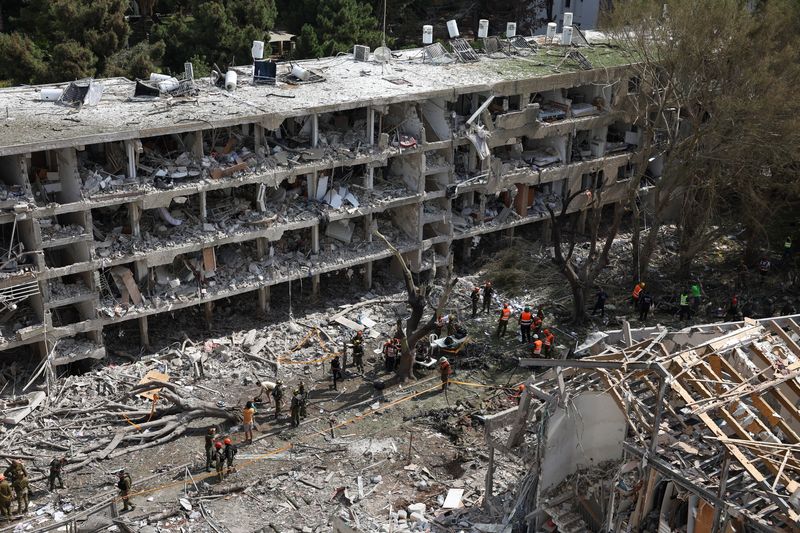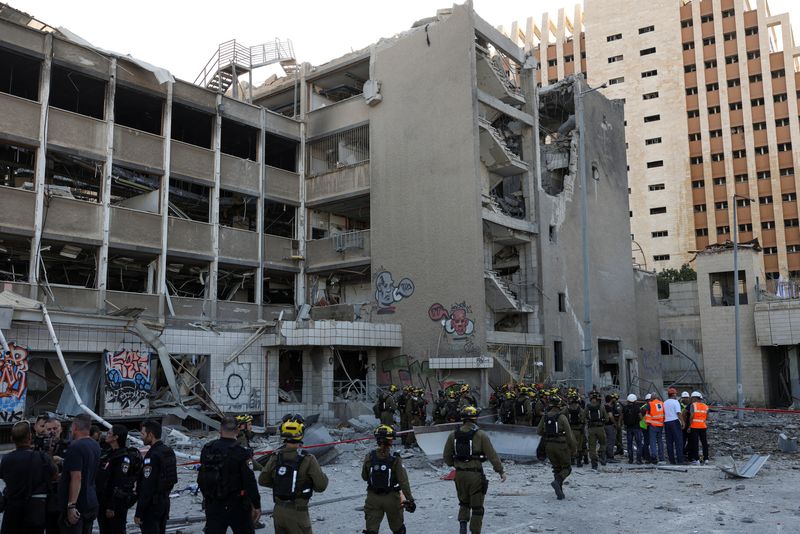How could Iran respond to the U.S. attack on key nuclear sites? Its options are the ‘strategic equivalent of a suicide bombing,’ expert says
"They can strike US embassies and bases, attack oil facilities in the Persian Gulf, mine the Strait of Hormuz, or rain missiles on Israel—but the regime may not survive the blowback."

- President Donald Trump announced Saturday night that the U.S. had bombed three key nuclear facilities in Iran and threatened more attacks if Tehran doesn’t seek peace. All eyes are on Iran to see how it will retaliate. But an expert on the country said most of its options would likely induce a response that the regime would’t survive.
After U.S. strikes on three key nuclear facilities in Iran late Saturday, all eyes are on Tehran to see how it will respond.
Until now, the fighting had mostly involved Iran and Israel, which launched airstrikes on the Islamic republic last week. President Donald Trump’s decision to send bombers and cruise missiles into Iran dramatically escalates the conflict and moves the U.S. into offensive operations, not just a defensive posture to protect Israel and American troops in the region.
Foreign Minister Abbas Araghchi said in a statement shared on Telegram that Iran “reserves all options” in defending itself.
While Trump threatened more attacks unless Iran seeks peace, Karim Sadjadpour, a senior fellow at the Carnegie Endowment for International Peace and a top Iran expert, said it’s unlikely the country’s leadership will go that route. But its response could also prove to be catastrophic.
“Many of Iran’s retaliatory options are the strategic equivalent of a suicide bombing,” he said in a series of posts on X. “They can strike US embassies and bases, attack oil facilities in the Persian Gulf, mine the Strait of Hormuz, or rain missiles on Israel—but the regime may not survive the blowback.”
Energy markets are poised to suffer a major jolt as investors digest the implications of the U.S. bombing Iran, a top oil exporter.
Crude prices had already surged in the immediate aftermath of Israel’s airstrikes, and could soar even higher, depending on how Iran responds.
In a note last week, George Saravelos, head of FX research at Deutsche Bank, estimated that the worst-case scenario of a complete disruption to Iranian oil supplies and a closure of the Strait of Hormuz could send oil prices above $120 per barrel.
That’s because the Strait of Hormuz is a critical choke point in the global energy trade, as the equivalent of 21% of global petroleum liquids consumption, or about 21 million barrels per day, flows through the narrow waterway.
Iran’s ability to use proxies and allies in the region to retaliate on its behalf has also been severely weakened as earlier Israeli attacks have crippled Syria, Hezbollah, and Hamas.
Meanwhile, Sadjadpour noted that Iran’s Revolutionary Guards are a substantial force of 190,000 troops, but not monolithic.
“Do they continue to defer to the 86-year-old Khamenei as their commander in chief, though his regional and nuclear ambitions have now ended in colossal failure?” he asked.
Other analysts also warned of the potential for Iran to retaliate by taking Americans as hostages or launching cyberattacks.
But retired Army Gen. Wesley Clark, who previously served as the Supreme Allied Commander in Europe, told CNN that he doesn’t think Iran will resort to a maximum response like blocking the Strait of Hormuz.
Instead, it may launch some missiles at U.S. bases in the region or direct pro-Tehran militias in Iraq to attack U.S. forces.
“I don’t see a major response,” he predicted. “This Iranian regime calculates. It’s very careful to understand where it wants to go.”
For now, it’s not clear yet that the U.S. attacks on Iran will prove to be decisive. Sadjadpour noted that Supreme Leader Ali Khamenei believes caving in to pressure projects weakness and invites more pressure.
But he also said Khamenei is not a “reckless gambler,” creating tension between his survival instincts and his defiant instincts.
“This is an unprecedented moment in Iranian history,” Sadjadpour added. “It could entrench the regime—or hasten its demise. It could prevent a nuclear Iran—or accelerate one. Military attacks/humiliations have both strengthened dictatorships (Iran 1980) and weakened them (Argentina, Milosevic).”
This story was originally featured on Fortune.com
